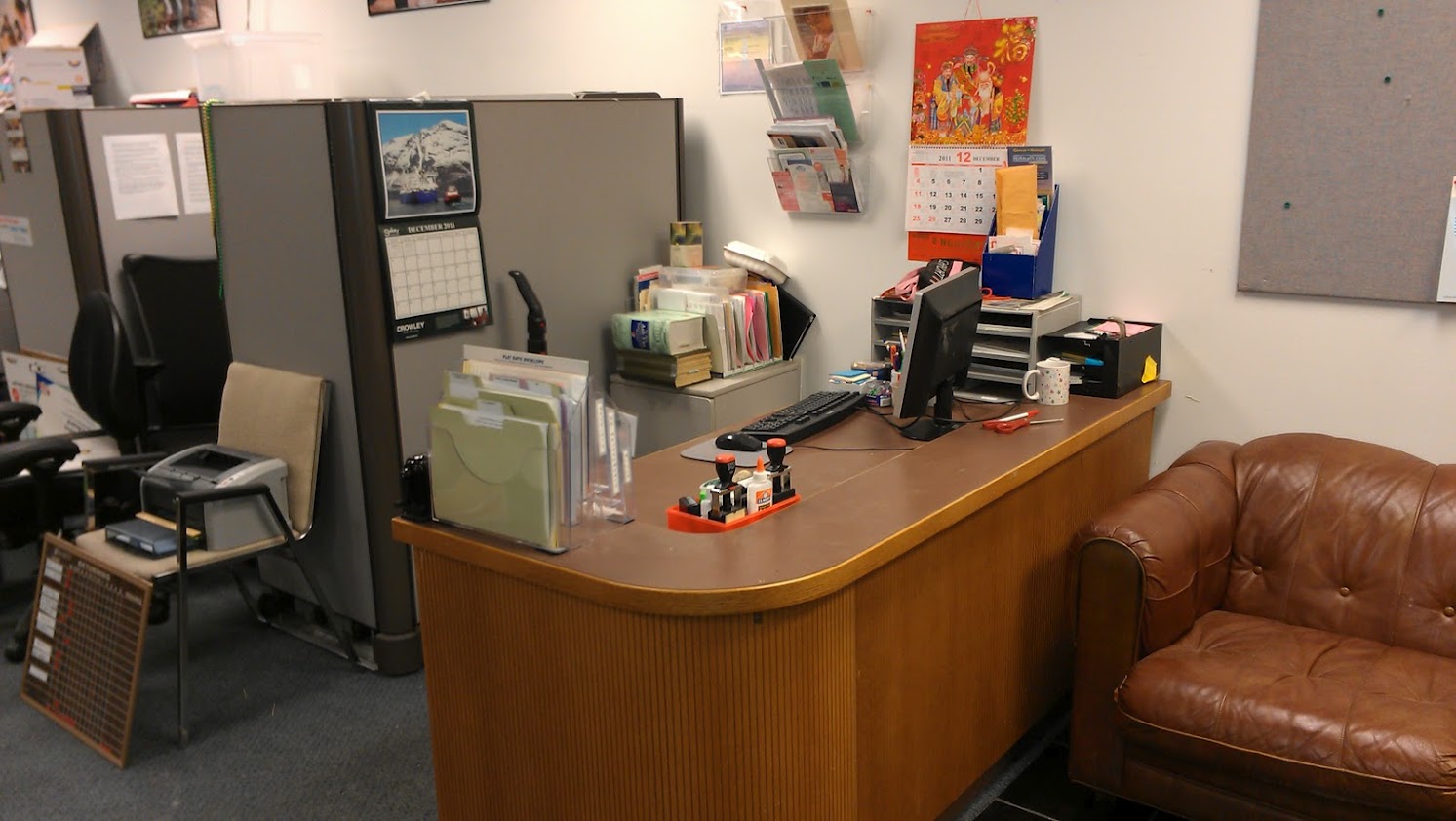Like most executive directors, I come home exhausted from hours of telling staff what to do and taking credit for their work. To de-stress, I’ve started watching ridiculous amounts of television. And I started noticing something. There are plenty of shows about lawyers, doctors, detectives, cooks, servants, zombies, etc., most of them featuring attractive actors who spend endless episodes in frivolous romantic triangles with one another (except the zombies).
Unfortunately, not one of these shows is about nonprofit directors. What kind of example does that set for our kids? Do show producers think we are boring? Do they not realize how incredibly exciting our work is? In either case, I am going to write to David E. Kelley with an idea for a show, called “ED,” featuring a group of Executive Directors of several nonprofits. The show will explore their struggles helping to improve the world while balancing family and other obligations. It will chronicle the hard choices they have to make; the triumphs and challenges; and the friendships they develop, usually through happy hours. There are tons of exciting stuff to mine from the nonprofit world.
Pilot episode: A meeting room at the Coalition for Excellence (CFE). Tension so thick you could carve a statue out of it. Maria, the ED, prepares to present a cashflow report. Things do not look good, and she knows it. Meanwhile, at another nonprofit, Think of the Children (TOTC), Troy is furiously typing. He cries out in pain, cursing his email-induced carpal tunnel syndrome. But this grant is due tomorrow, and it’s a general operating grant! At another nonprofit, Unicycles for Guns (UFG), Vinh, a particularly dashing Asian ED, has a flashback. He is sitting in front of his parents at dinner. He tells them he is pursuing a Master’s in Social Work. They are silent, the sound of their chopsticks clinking on porcelain bowls mournful and ominous. He snaps back to the meeting he’s having with his Development/Human-Resources/Finance-Director/Janitor, Loan. She is tired of having multiple responsibilities and wants to a clearer work plan.
Episode 2: Maria’s board has voted to apply for a line of credit. This is a small victory, short-term. They did not seem to understand that fundraising efforts will need to increase. Staff morale, meanwhile, is down. She calls her Program Director, Arlene, into her office to plan a teambuilding retreat with no funding. At UFG, Vinh’s back hurts from endless hours of meetings. He holds in his hand a grant letter. He is afraid to open it; it could be a rejection. He decides to get it over with, when his phone rings. It’s Troy from TOTC; he got the grant he wrote and is calling, ecstatic, to invite Vinh to happy hour. Vinh looks at the letter in his own hand. “While we had many qualified applicants…” He retraces steps in his mind. Did he talk too much during the site visit? He felt like a failure, imagining all the kids now who couldn’t trade their guns for unicycles.
Episode 3: The Coalition for Excellence wildly succeeds at its annual dinner, and Maria has a good night’s sleep for the first time without Ambien. At TOTC, Troy welcomes an influential board member that he had been pursuing for months, Louis, whom he does not know had a relationship with Maria. He also does not know that Louis has loyalties to Think of the Children’s competitor, Care for the Children (CFTC)! The smart and inexplicably sexy Vinh, meanwhile, finds a coupon for 20% off reams of copy paper. He rushes to Office Depot. Little does he know that at that moment Loan is plotting with the board Treasurer to get Vinh fired.
In the season finale, viewers are left with cliff-hangers: Will Maria get together with Louis? Will Louis destroy Troy’s organization?! Can Arlene find a pro-bono facilitator for the team-building retreat??! Will Vinh be able to carry a ten-ream box of copy paper with his bad back and carpal tunnel???!
If that’s not compelling television, I don’t know what is. I’m going to develop a more detailed script for the pilot episode. Maybe I should add a zombie or two. If they don’t like “ED,” I also thought of another show, one from the perspectives of spouses of Executive Directors and what they go through. It’ll be called “Living with ED.”




